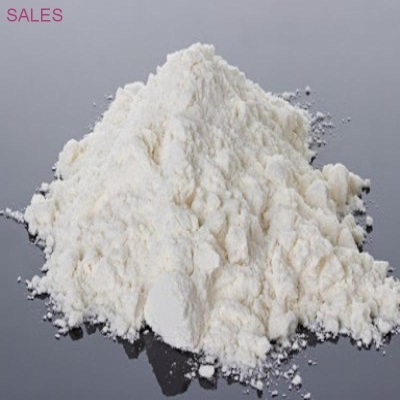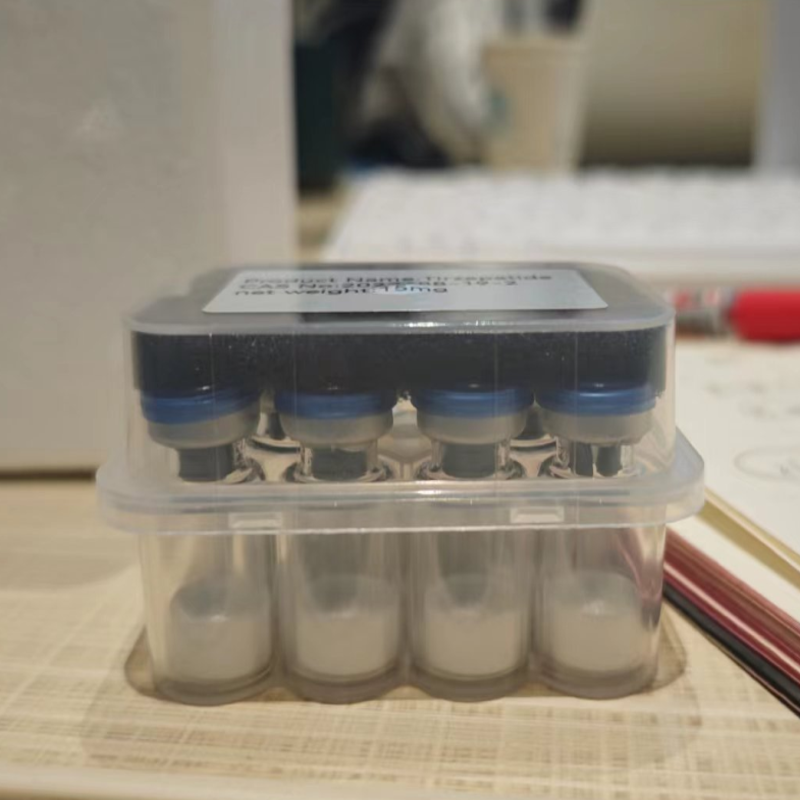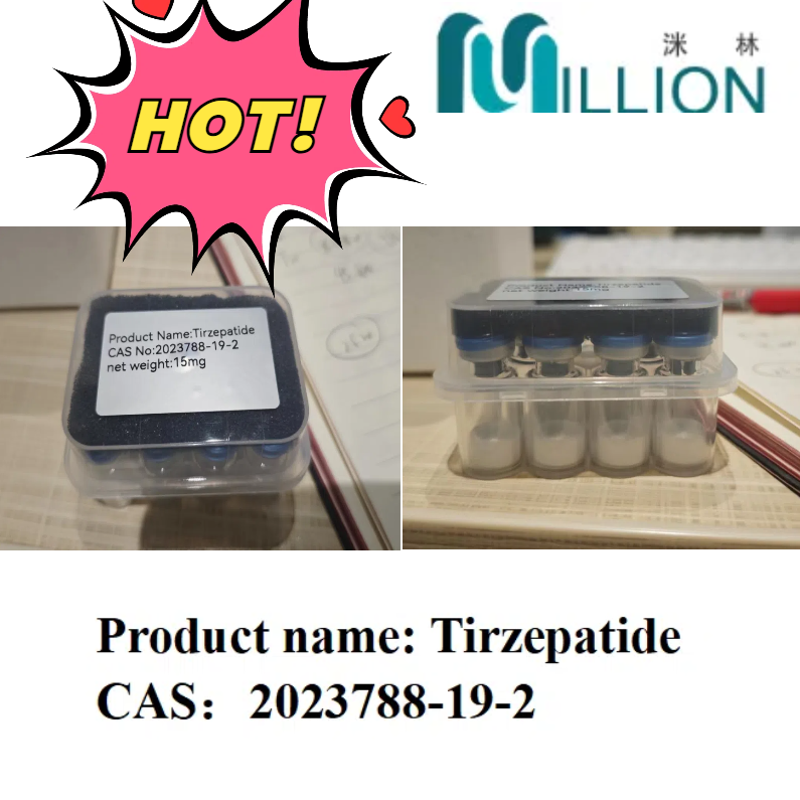-
Categories
-
Pharmaceutical Intermediates
-
Active Pharmaceutical Ingredients
-
Food Additives
- Industrial Coatings
- Agrochemicals
- Dyes and Pigments
- Surfactant
- Flavors and Fragrances
- Chemical Reagents
- Catalyst and Auxiliary
- Natural Products
- Inorganic Chemistry
-
Organic Chemistry
-
Biochemical Engineering
- Analytical Chemistry
-
Cosmetic Ingredient
- Water Treatment Chemical
-
Pharmaceutical Intermediates
Promotion
ECHEMI Mall
Wholesale
Weekly Price
Exhibition
News
-
Trade Service
7-Amino-8-oxo-3-(cis-prop-1-enyl)-5-thia-1-azabicyclo[4.
2.
0]oct-2-ene-2-carboxylic acid diphenylmethyl ester hydrochloride, commonly referred to as MK-8010, is a novel hydrochloride salt derived from the 7-amino-8-oxo-3-(trans-prop-1-enyl)-5-thia-1-azabicyclo[4.
2.
0]oct-2-ene-2-carboxylic acid, which is a potent and selective antagonist of the N-methyl-D-aspartate (NMDA) receptor.
This compound has been extensively studied for its potential applications in the chemical industry and has been found to have several advantages over existing NMDA receptor antagonists.
One of the most significant applications of MK-8010 is in the development of new drugs for the treatment of central nervous system disorders such as Alzheimer's disease, Parkinson's disease, and Huntington's disease.
The NMDA receptor is known to play a key role in the pathophysiology of these diseases, and by blocking the NMDA receptor, MK-8010 has been shown to have neuroprotective effects in animal models of these diseases.
MK-8010 has been found to have potent and selective antagonistic activity at the NMDA receptor, with a IC50 value of approximately 2 nM.
This makes it one of the most potent NMDA receptor antagonists currently available and provides a much-needed tool for the study of the NMDA receptor and its role in various diseases.
In addition to its potential in the development of new drugs for the treatment of central nervous system disorders, MK-8010 has also been found to have applications in the fields of chemical synthesis and materials science.
The compound has been shown to act as a catalyst for the polymerization of various monomers, including epoxy resins and unsaturated polyester resins.
This makes it a valuable tool for the production of high-quality polymer materials, which are used in a wide range of applications, including construction materials, coatings, and electrical components.
MK-8010 has also been found to have applications in the field of nanotechnology.
The compound has been used to synthesize various types of nanoparticles, including metal nanoparticles and polymer nanoparticles.
These nanoparticles have been shown to have unique properties, including high surface area, high chemical stability, and the ability to be functionalized with various molecules.
This makes them useful in a wide range of applications, including biomedical imaging, drug delivery, and catalysis.
In conclusion, MK-8010 is a novel hydrochloride salt with a wide range of potential applications in the chemical industry.
Its potent and selective antagonistic activity at the NMDA receptor, its ability to act as a catalyst for the polymerization of various monomers, and its ability to synthesize nanoparticles make it a valuable tool for the production of high-quality materials and the study of various chemical and biological processes.
Further research is needed to fully explore the potential of MK-8010 and to determine its role in the development of new drugs and materials.







